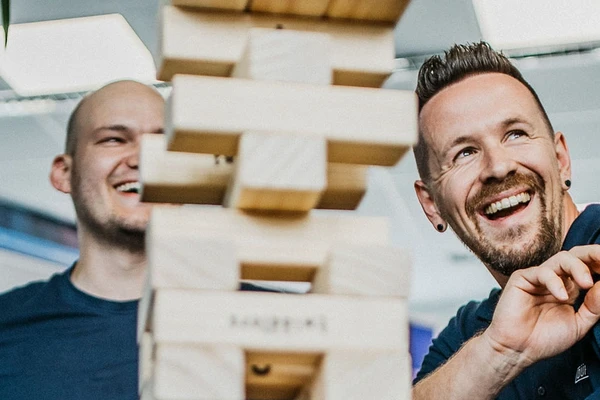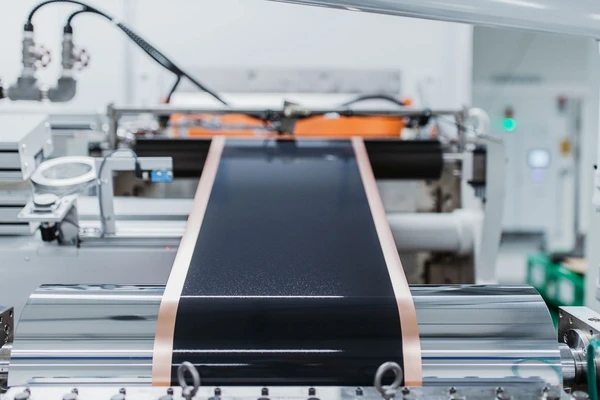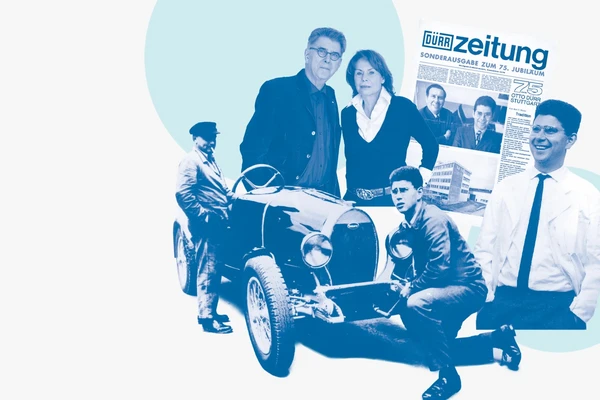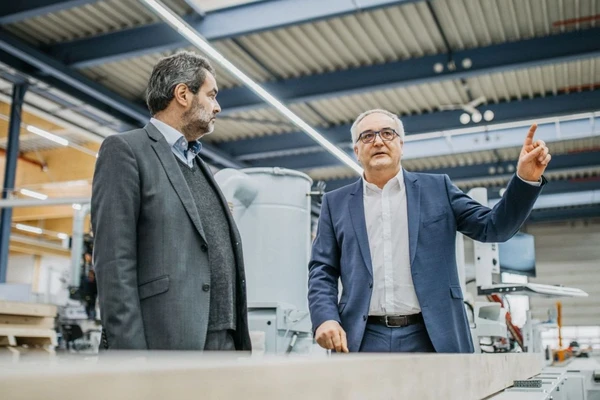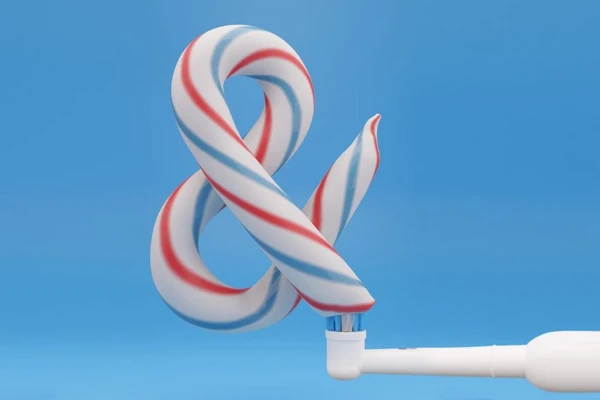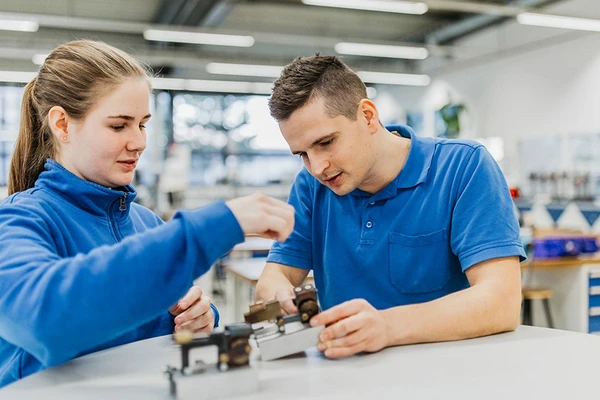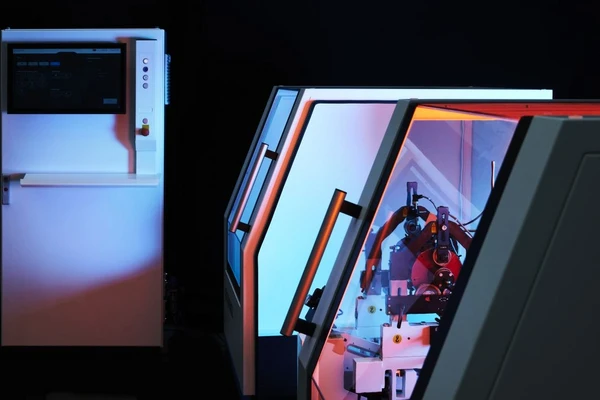
Big in Japan
Apr 10, 2024
Dürr employees from Germany and Japan have jointly mastered a challenging technical project. Karaoke also contributed to the understanding between the cultures.
Ulrich Noé is a man for difficult cases. As a senior project manager, he does not shy away from challenging major projects. His work for Dürr has already taken him to Japan several times. However, he and his team members were faced with one project that presented them with new technical and cultural challenges.
Dürr was to build a complete painting line for an automotive manufacturer in Japan. For the Japanese colleagues around Junichi Saito and Shingo Hirata, the scope of the order was a first. Dürr had already completed major projects of this kind in many countries around the world — but never before in Japan. A team from Germany was therefore sent to provide on-site support.
COVID got in the way of the travel plans
Normally, the employees on the construction site can look forward to a trip home to see family and friends every six to eight weeks. During this time, they are replaced by suitable colleagues. However, severe restrictions during the coronavirus pandemic made this difficult. Travel restrictions prevented both scheduled rotations and multiple entries and exits. As a result, Noé and two of his German team members stayed in Japan for six months. This intense time strengthened mutual understanding and relationships between colleagues from both countries.
Saito joined Dürr Japan in 2019 and works there as a sales director. He was the crucial link to the customer in the project. He knows Germany from several visits and has found the people to be very interested in culture and history — and even discovered his enthusiasm for blood sausage, as he says with a smile. When it comes to professional life, he appreciates the reliability and technical expertise of the Germans, who, in his experience, are also very efficiency-oriented.
“The Japanese are really enthusiastic about technology and want to understand everything from the ground up,” says Noé. At every step, they want to see if something works and, more importantly, how it works. The Japanese’s understanding of details is a great advantage, as it constantly creates innovations or improves existing products — making Japan’s industry one of the best in the world.
Safety first
The Japanese also pay attention to detail when it comes to safety. Every single aspect is described in pictures and must be followed. To this end, safety drawings in the style of manga comics were prepared for all transportation and work steps, and these drawings had to be approved by the customer. “If the details of the drawing don’t match those of the construction site, work is sometimes stopped,” recalls Noé.
In Japan, the customer sets the pace. “It can sometimes be difficult when you can’t discuss things on an eye-to-eye level but can only make recommendations.” This was also a challenge for Saito. “In Japan, when the customer decides something, then that’s the way it is. My German colleagues didn’t always understand that,” he explains. He often had to mediate. “I said: ‘If you have a problem, come to me and I will talk to the customer.' Germans can be very direct sometimes. I had to translate that into a less direct language.”
Karaoke was a great help in making contact with the Japanese colleagues and the customer. “I didn’t expect this, but for me it was the only way to get to know people outside of work,” says Noé. The Japanese work hard, often twelve hours or more a day. “But they relax in the karaoke bar.” Saito agrees that karaoke brought the project participants closer together: “I’m certainly not a gifted singer, but karaoke is a great way to strengthen personal relationships,” he says.
Catchy tunes from the record player
Noé specialized in songs by Elvis Presley and Frank Sinatra. But the German 1970s band Dschinghis Khan is also popular in Japan. And when the opportunity arose, he sang the classic Alphaville song “Big in Japan” — even though it is hardly known in the country, as Saito points out. Upon his return to Germany, Noé bought his own karaoke set. “Singing gives you back your energy,” he says. “That’s one of the many insights I brought back from Japan.”
For this successful project, the team was presented with the Heinz Dürr Award in the “Customer Experience” category in 2022. The German and the Japanese colleagues also gained many insights into each other’s cultures. The customer was satisfied with the German-Japanese team as well — a second painting line has already been ordered.
TOP 3 KARAOKE BARS
Big Echo
This karaoke chain has numerous locations across Japan and offers a large repertoire of English and Japanese songs.
KaraokeKan
A lively atmosphere and a wide selection of songs await karaoke singers at KaraokeKan. It is among the oldest and best-known karaoke chains in Japan.
Uta Hiroba
Uta Hiroba can also be found in many cities. Here, singing can be enjoyed in modern spaces and with the help of high-quality audio equipment.

Martina
Bausch
Officer Online Magazine
Corporate Communications & Investor Relations
Dürr Aktiengesellschaft
Carl-Benz-Str. 34
74321 Bietigheim-Bissingen
Germany
Carl-Benz-Str. 34
74321 Bietigheim-Bissingen
Germany




